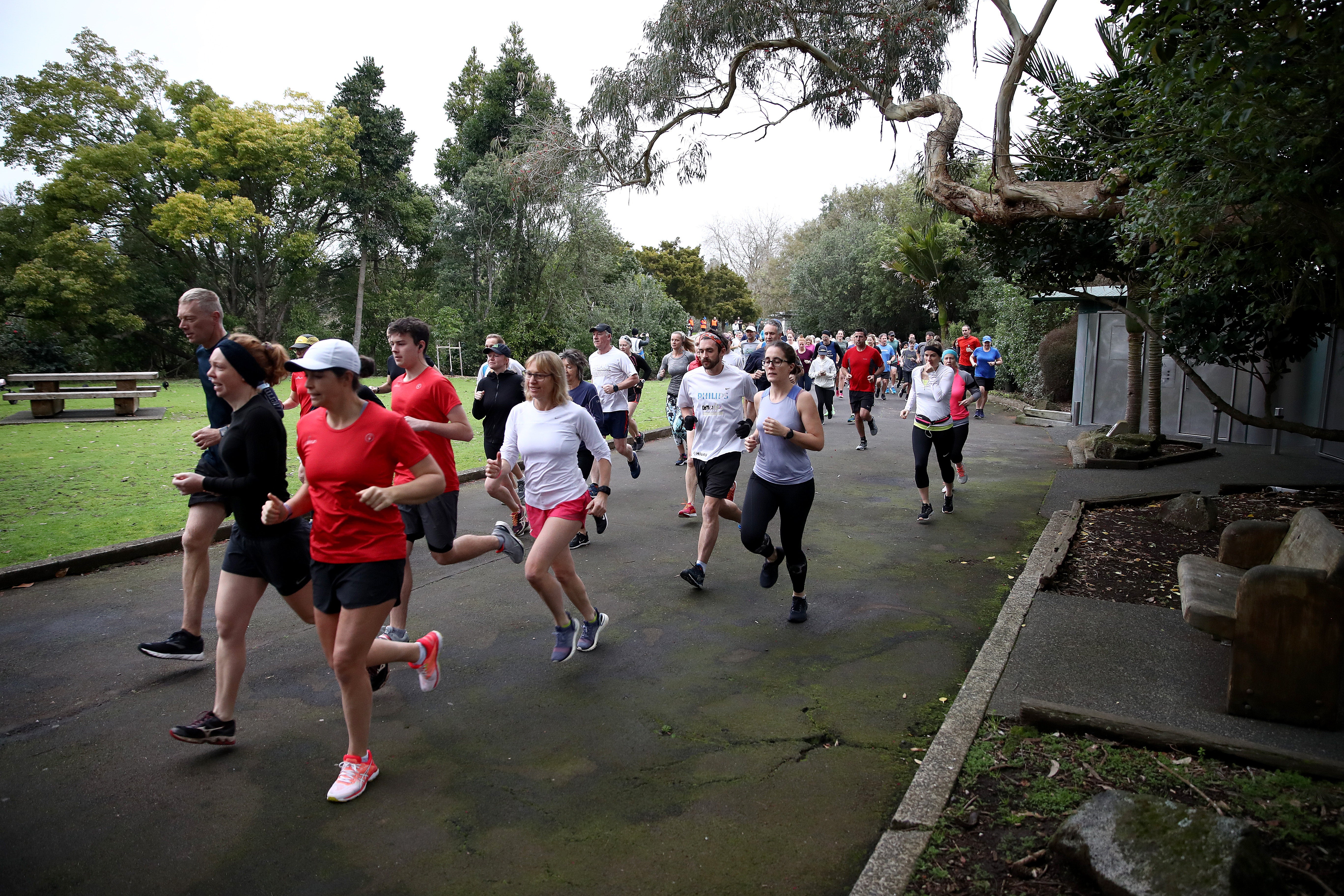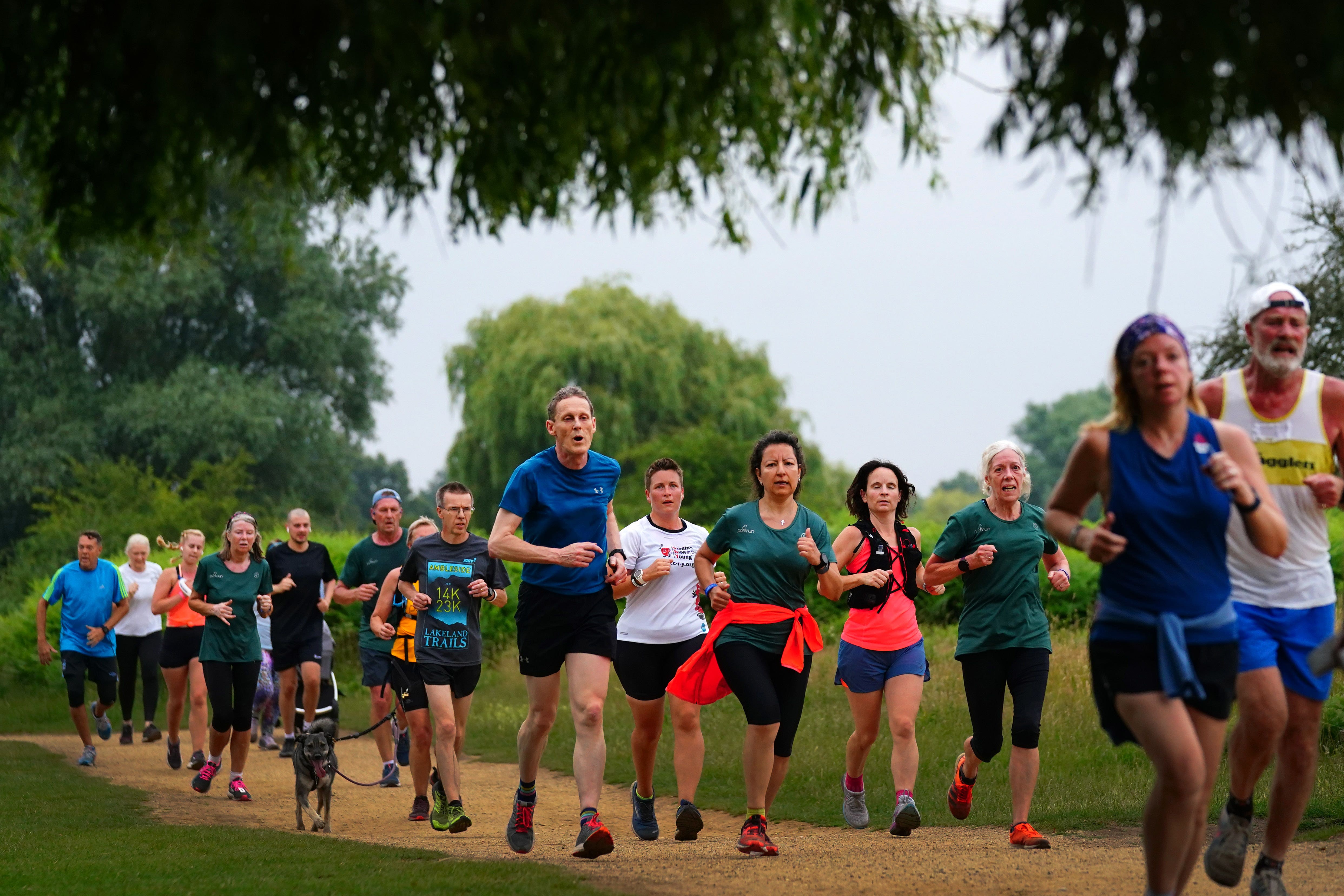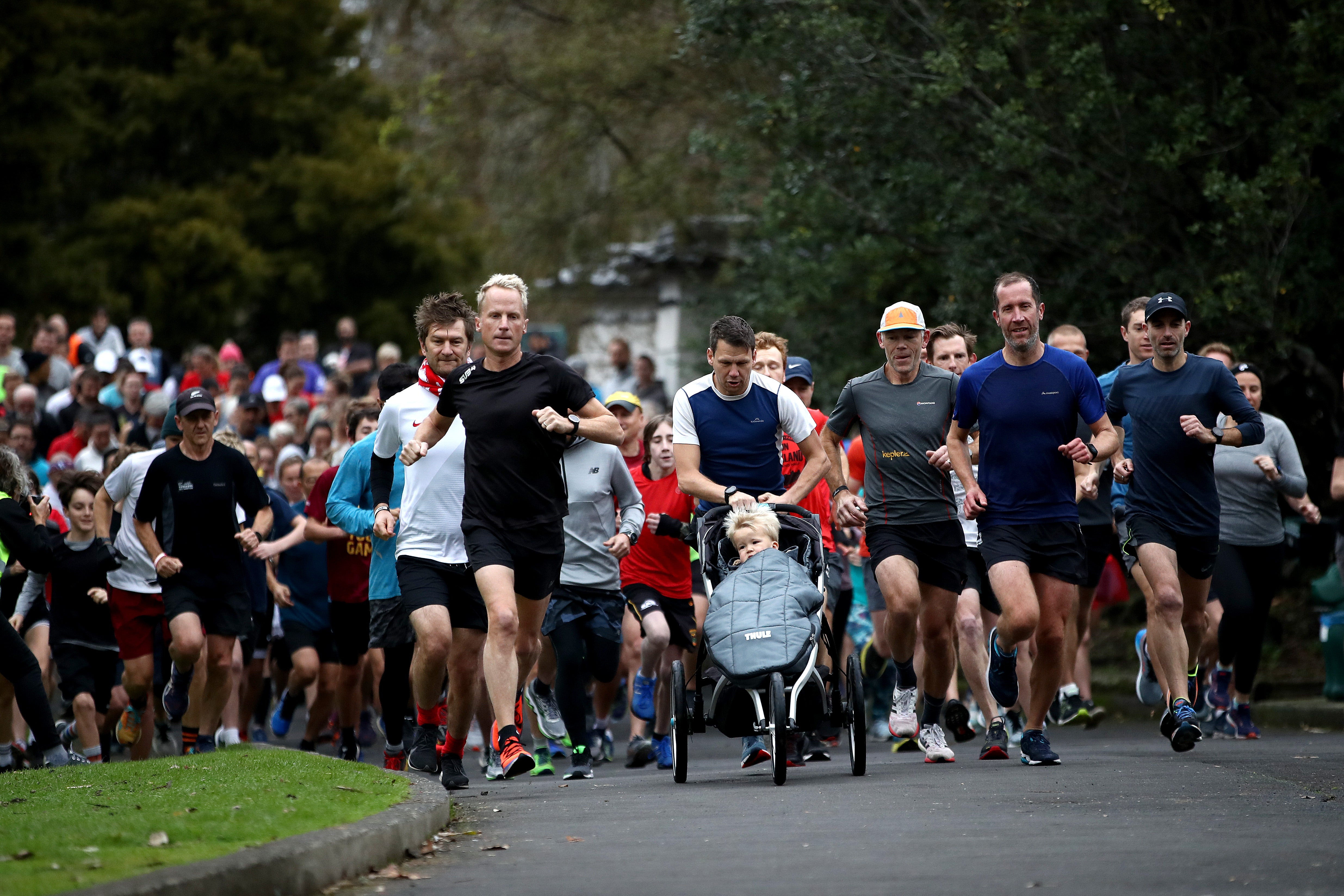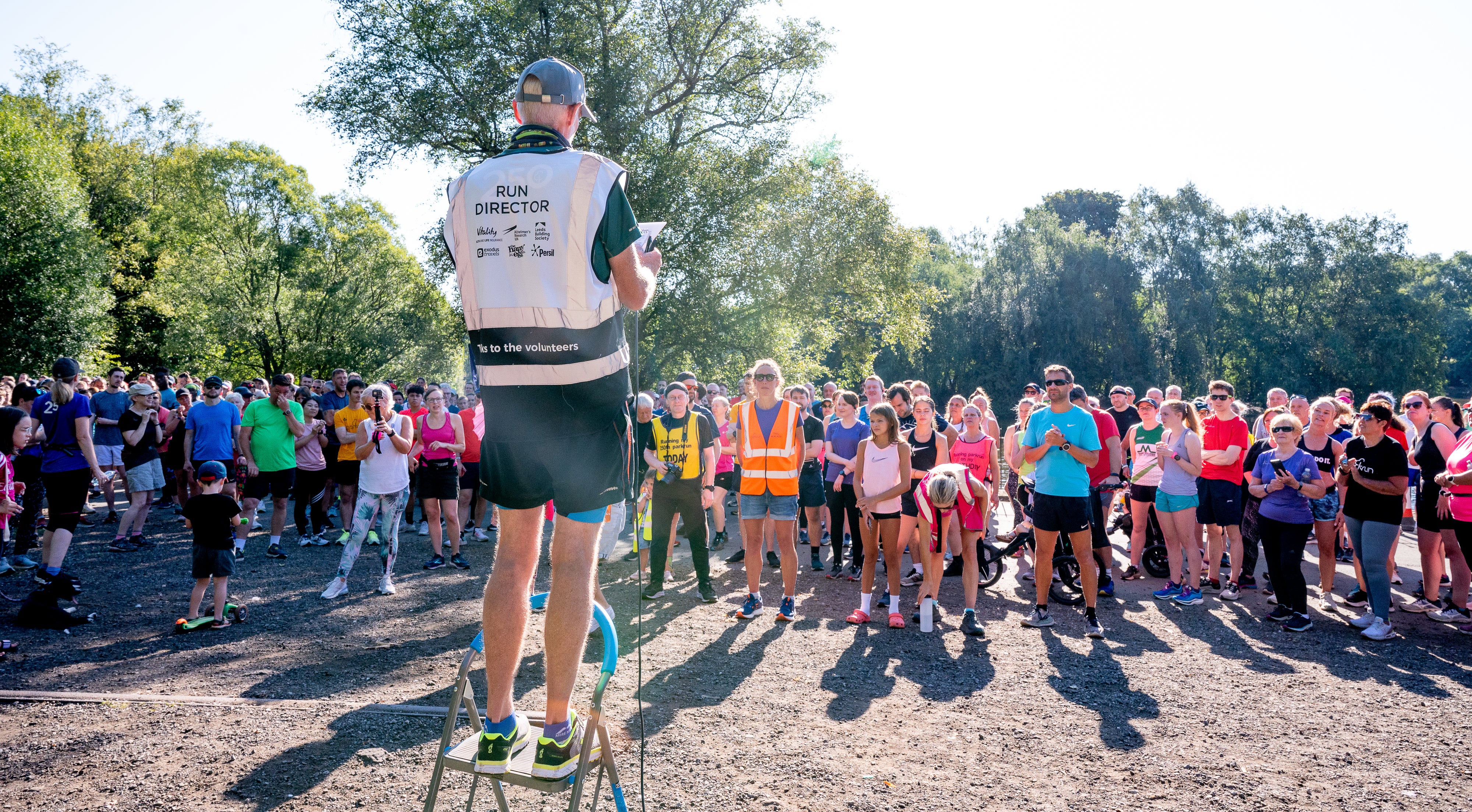Everybody loses in Parkrun row – sport’s transgender debate will not go away
Comment: Nothing is at stake at Parkrun but its move to remove various records from its site, Ben Bloom writes, could eventually impact funding distributed by Sport England and health benefits to many communities around the world

Your support helps us to tell the story
From reproductive rights to climate change to Big Tech, The Independent is on the ground when the story is developing. Whether it's investigating the financials of Elon Musk's pro-Trump PAC or producing our latest documentary, 'The A Word', which shines a light on the American women fighting for reproductive rights, we know how important it is to parse out the facts from the messaging.
At such a critical moment in US history, we need reporters on the ground. Your donation allows us to keep sending journalists to speak to both sides of the story.
The Independent is trusted by Americans across the entire political spectrum. And unlike many other quality news outlets, we choose not to lock Americans out of our reporting and analysis with paywalls. We believe quality journalism should be available to everyone, paid for by those who can afford it.
Your support makes all the difference.As ridiculous as it sounds (and it is, without doubt, an absurd thing to have done), my wife cried when she watched her first Parkrun a few years ago.
Not at the fast finishing times, although there were a few; not at the mini internal battles silently encouraging runners to eke out that tiny extra burst of effort approaching the finish line; not at the level of competition, which was so low that it was almost absent. Simply because she was overwhelmed by the inclusive nature of a community event that truly embraced everyone.
A shared activity that welcomed, encouraged and in no way judged. Running for all: old and young, fast and slow, able and barely-able-but-happily-willing.

A couple of weeks later, she began taking part, sometimes trying to beat her previous best times and on other occasions steadily plodding along while reaping the benefits of the endorphins flooding her mind and body on a collective Saturday morning run, jog or walk (delete as applicable). The tears have ceased but the original sentiment remains: this free, weekly five-kilometre event that nine million people have signed up for globally is an overwhelmingly positive thing, right?
Well, it depends on who you ask. For the past few months, campaigners have been protesting in person and on social media against Parkrun, threatening to call for taxpayers’ money - in the form of funding distributed by Sport England - to be withdrawn. Their issue is the organisation’s policy of collecting participant data based on gender identity rather than biological sex. Yes, it’s the thorny subject of transgender rights and sport.

When someone registers with Parkrun they are asked their gender and provided four options to choose from: female, male, another gender identity and prefer not to say.
According to campaigners - including the right-leaning think tank Policy Exchange - such a policy allows transgender runners to identify as females, which threatens the sanctity of women’s sport.
Last December, Policy Exchange released a document supported by a smattering of high-profile sportspeople, which found that there have been “at least three verified instances of transgender women (biological males) competing in the female category and setting new women’s records and distorting female rankings”.
As an increasingly transphobic culture has steadily seeped into all aspects of society, so have the protests against Parkrun deepened until, this Thursday, the organisation acted. Amid calls to introduce a separate transgender records section in its results, Parkrun instead pulled various metrics from its website, including gender, course and age records.

Eager to portray itself as a health charity and community event rather than a formal sport or competition, Parkrun suggested the decision was not a direct response to the transgender issue and was instead aimed at removing any “disconnect between the performance data displayed so prominently on the site, and our mission to create opportunities for as many people as possible”. But do not be mistaken - the records would still be there if these campaigns were not ongoing.
At this point, there is a vital distinction to make; one that could not be of greater importance. Parkrun is not elite sport. Many people enjoy using records as motivation to compete against themselves and others, with their existence solely designed to add interest and widen participation.
But they do not define Parkrun - an organisation that has celebrated a steady slowing in average finishing times of participants with each passing year as more people take part.
In elite or professional sport, a small number of male-to-female transgender athletes (who possess physical benefits gained from experiencing puberty as a man) have the very real potential to deny cisgender women their livelihoods, take medals and money away from those who were born female, and pose a genuine threat to the entire purpose of women’s sport.

Those same transgender people taking part in Parkrun hold precisely none of those threats. Nothing is at stake. No money is available to be won. There is no podium, no medals. In the grand scheme of things, the records that have now been removed were entirely meaningless beyond providing some element of interest to those who might seek them out.
In the same way that they did not show whether someone has surgically or otherwise changed their gender, they also did not reveal whether a runner was aided by an eager dog pulling on a lead or hamstrung by having to navigate potholes and hills while pushing a wailing toddler in an unwieldy buggy.
Typically, the decision to remove the records has done nothing to appease Parkrun’s naysayers. Sharron Davies, the former Olympic swimmer turned campaigner, described the move as “cowardly” for not forcing transgender runners to be separated into their own category. To her, those who have changed gender must be stripped of a brilliant community event’s multiple health benefits unless they publicly reveal themselves to all.
So no one has won. While Parkrun tries its hardest to focus solely on inclusion and positively impacting the lives of as broad a range of people as possible - including hundreds of thousands who would otherwise never engage with traditional sport or exercise - the calls for it to be stripped of funding will carry on.
Maybe they will be successful and one of the most accepting, free, physical activity phenomenons of recent decades will find itself incapable of continuing. By its own admission, no one wins at Parkrun. But everyone could stand to lose. Would that really be worth it?